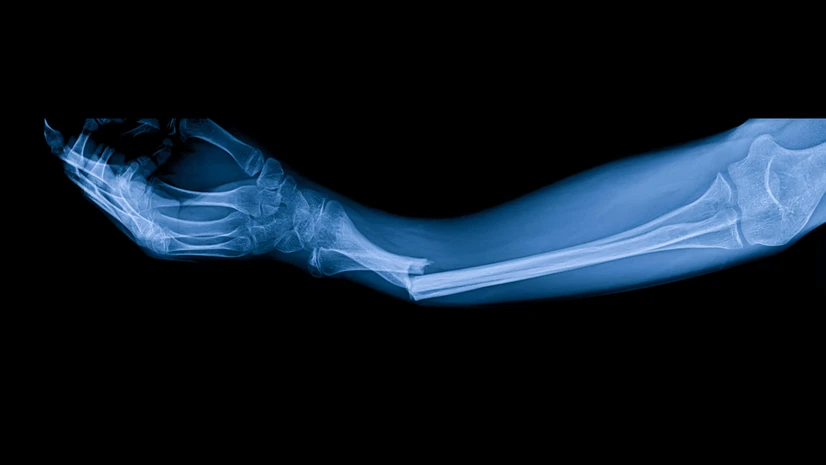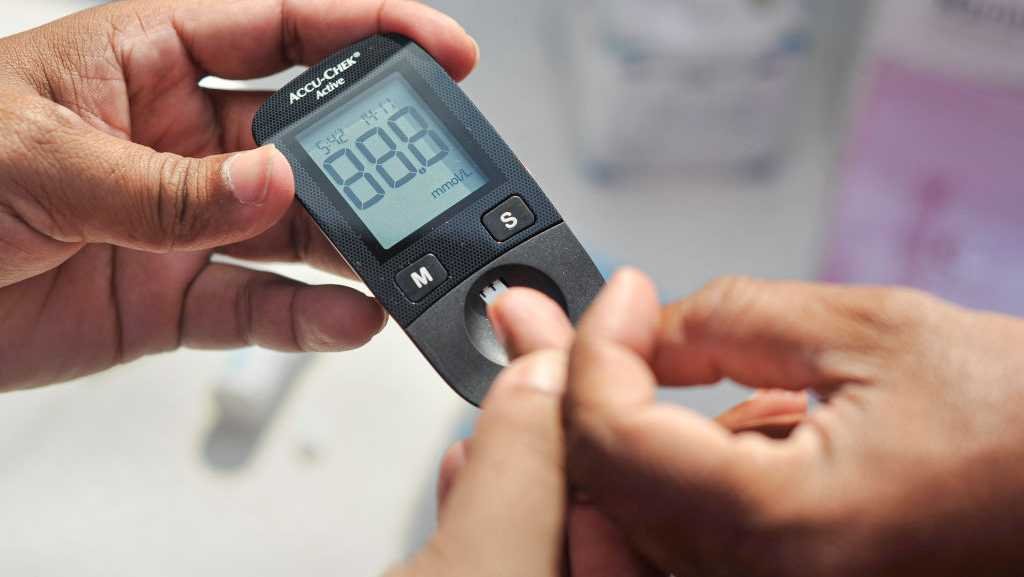By: Salman Yousafzai
PESHAWAR: A total of 97,212 cases of conjunctivitis have been reported in Khyber Pakhtunkhwa during the first eight months of this year. According to the Khyber Pakhtunkhwa Health Department, Nowshera district has been the most affected by this epidemic, with 9,726 people contracting the disease by August. Peshawar follows closely in second place with 9,455 cases, while Swat district, which was also impacted by recent floods, ranks third with 8,951 reported cases.
Additional figures show 7,895 cases in Shangla, 6,823 in Mardan, 5,969 in Abbottabad, 5,045 in Lakki Marwat, 4,757 in Mansehra, 4,034 in Haripur, and 3,767 in Charsadda. Further down the list, Buner has reported 3,858 cases, Battagram 7,726, Lower Dir 4,769, Swabi 2,443, Upper Dir 2,380, Hangu 2,258, Khyber 2,209, Malakand 1,755, Lower Chitral 700, Kohat 511, Karak 532, Upper Chitral 402, Mohmand 389, Bajaur 338, Tank 327, Bannu 261, and Torghar 132.
Dr Israr, an ophthalmologist at Khyber Teaching Hospital in Peshawar, explains that conjunctivitis is a seasonal disease that has affected thousands so far. He states that this condition causes inflammation in the eyes, typically lasting for about a week. Moreover, Dr Israr emphasises that the disease is primarily spread through hand contact. If an infected individual touches their eyes and then shakes hands with others, the risk of transmission increases significantly.
Read also: ‘Pink eye’ cases surge in flood-hit districts across KP
Dozens of patients visit Khyber Teaching Hospital daily for treatment, and the disease has now spread from urban areas to villages. Regarding treatment, Dr Israr notes that the approach varies depending on the cause of conjunctivitis. Bacterial conjunctivitis is treated with antibiotic eye drops or ointments, while viral conjunctivitis often resolves on its own, although antiviral medications may be prescribed in some cases. For allergic conjunctivitis, eye drops are used to reduce inflammation or allergic reactions. Dr Israr stresses the importance of practising basic hygiene habits to prevent further spread of the disease, advising against sharing towels, clothing, makeup, or eye drops with others.















